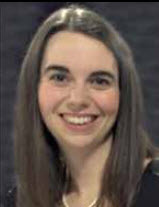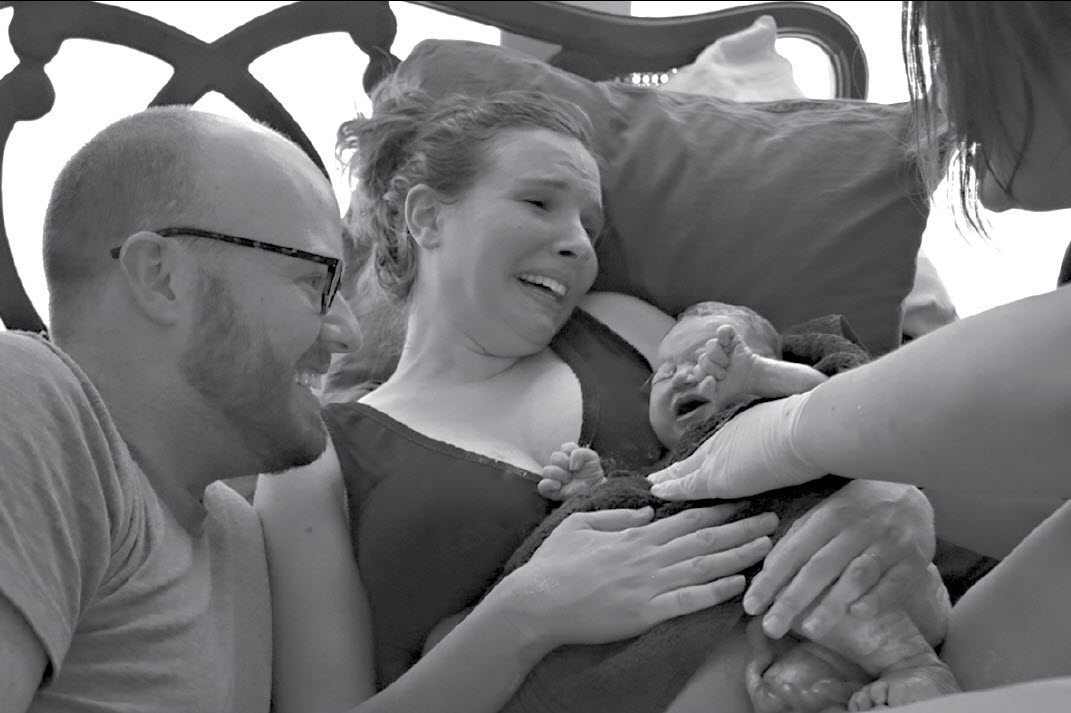Midwifery Milestones – Medical Update
 By: Rachel Clark, MSN
By: Rachel Clark, MSN
For the first time since the nurse-midwifery laws were enacted in 1976, Certified Professional Midwives (CPMs) can legally attend births in Alabama. In the past, midwives like Karen Brock and Toni Kimpel were charged with practicing nurse-midwifery without a license for attending homebirths in Alabama. Both moved their practices out of the state. Toni moved to Texas. Karen had 27 women counting on her as their care provider at the time she was arrested and charged. She moved her practice over the state line to Tennessee where CPMs were legal and licensed. Over the last 17 years, she and the families she serves have made the trek from their homes in Alabama to birth, what is known in the Alabama birth world, as “border babies.”
Anyone who has followed my columns over the last several years has been well educated on what a midwife is and the war that was waged by midwives, consumers, and legislators alike to reinstate the practice of midwifery by CPMs. Over the years, midwives, mamas, doulas, and supporters drove to Montgomery to continue fighting the good fight. Many of these, Karen included, made the journey multiple times and helped craft legislation that was presented year after year to the state legislature. Their efforts were always met with resistance, and 2017 was no different.

What WAS different was the tactic used. The 2017 bill started out as a simple decriminalization bill, the basis of which was drafted after much prayer and thought by a Madison County mama. She had a hospital birth with an epidural, a natural hospital birth, a birth center birth, a miscarriage at home, and finally a home birth. The language went to Representative Ken Johnson from Moulton, who took it and ran with it in the form of HB315. There seemed to be hope that the simple decriminalization would pass.
Every step of the way, things went differently than they had before. Rather than going to the House Health Committee, which had stalled the bill every time in years past, the bill went to the House Judiciary Committee. Not surprisingly, it was hotly contested by the Medical Association of the State of Alabama (MASA) as it had always been in years past. Unlike the Health Committee, the Judiciary Committee saw it as it was: an issue of decriminalization. Surprising supporters and opponents alike, the bill made it out of committee, through the House of Representatives, and to the State Senate.
It was in the Senate that not only was CPM practice decriminalized, but a licensure bill was added to the decriminalization language. A meeting between several supporters, opponents, and legislators kept the Senate in session while final bill language was negotiated for 3 hours on the last day of the legislative session. This was voted on in both the House and the Senate, passing both. From there it went to Governor Kay Ivey, who signed the bill into law on May 19, 2017.
Though the bill is a step forward, there were some areas that leave many midwives and consumers feeling bittersweet. There are several prohibitions in the law itself, which is harder to amend than rules and regulations. Among the prohibitions are vaginal births after cesarean sections (VBACs), breech births, and multiples. Cesareans account for about 35% of Alabama births, leaving many women with a scarred uterus, and thus ineligible for CPM care. In Tennessee, all of these are legal for a CPM to perform.

Also in the law is the prohibition of “prescriptive authority.” That shouldn’t be a big deal, right? WRONG. The small formulary that CPMs are trained to use are all designated as “legend drugs.” In Alabama, legend drugs may only be dispensed from a pharmacy based on a prescription from a licensed medical provider. Although the midwifery rules specifically state that midwives may administer local anesthetic, anti-hemorrhage medications, and oxygen, how may midwives access legend drugs legally since they are not given the legal ability to prescribe them themselves?
Midwives must also carry Professional Liability Insurance, which is expensive to maintain. This cost will be passed on to consumers, making access to care difficult, especially for those in lower socioeconomic brackets. As of now, most insurance companies are not yet covering CPMs. Some families may be able to get some reimbursement from their insurance carriers; however, most choose to pay out of pocket to obtain the care they desire.
There is yet much work to be done. It will be another fight for another day to free the remaining mamas and midwives. Below is a quote on the subject from a dear friend of mine and fellow midwife, who for the time being will not be practicing in Alabama:
“Romans 12:15 says, ‘Rejoice with those who rejoice, weep with those who weep.’ Today I have done both.
Today as the Alabama State Board of Midwifery approved the first five licenses for Alabama midwives to serve families at their home births, I truly rejoiced with the midwives who have obtained licenses and the families that they will be able to serve. I rejoiced that Alabama is one baby step closer to integrating community midwives into our health care system.
But I also weep. I weep that I am not among those midwives. I weep because this law is such a far cry from the bills that I helped craft and lobby for many years. I weep for the damage that was done to relationships when people who were supposed to respect each other and work together refused to do so. I weep that the costs associated with mandatory malpractice insurance will be a barrier to more midwives licensing in our state. I weep that licensed midwives will not be able to practice their full scope, or fully instruct their students. I weep that competing special interest groups were allowed to dictate the practice of a profession other than their own. I weep for the mothers of twins and VBAC mothers who must continue to work hard and travel far to obtain midwifery care. I weep that I as a mother with a breech baby could not have been served under this law.
Not all of the midwives were freed, and neither were all of the mothers.”By: Rachel Clark, MSN